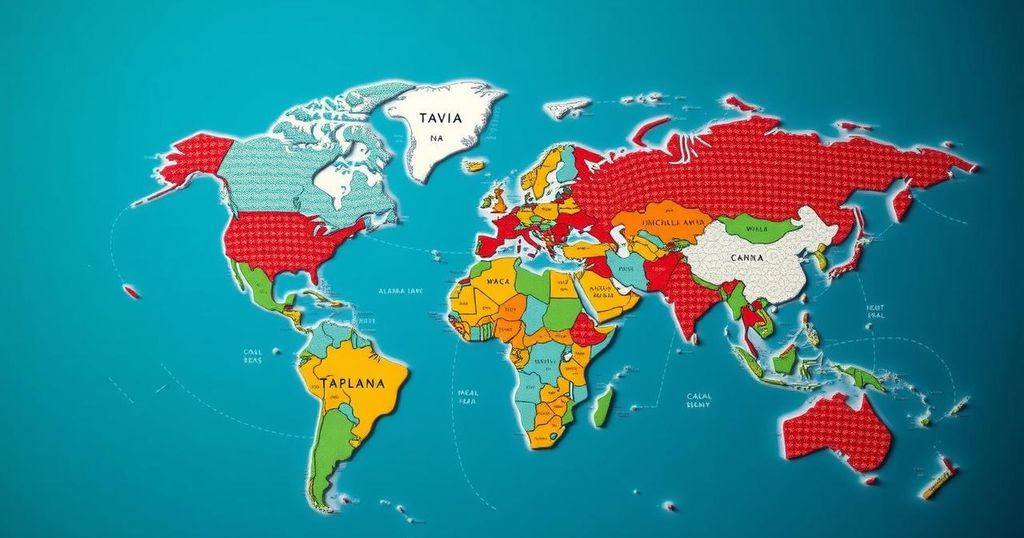Following the recent U.S. election, there has been a significant rise in interest among Americans in digital nomad visas and moving abroad. Searches for terms such as “best countries to move to” peaked after the election results. Over 50 countries provide digital nomad visas, allowing remote workers to live and work internationally, with several popular destinations emerging in Europe.
In light of the recent U.S. election results, there has been a notable increase in interest among Americans regarding digital nomad visas and the prospect of relocating abroad. Following the announcement of Donald J. Trump’s reelection, search queries peaked for phrases such as “best countries to move to” and “how to move to Canada.” During the pandemic, digital nomadism thrived as individuals could escape traditional office constraints, enabling remote work from diverse, often more affordable locations. Although many businesses have reinstated office mandates, a significant number still accommodate flexible remote working arrangements, encouraging employees to travel for extended durations. Additionally, freelancers are increasingly embracing this lifestyle in pursuit of cost-effective living options. For those contemplating relocation, it is essential to understand which countries provide digital nomad visas. These visas facilitate remote workers in living and working legally in foreign nations for periods that can extend up to five years. Over 50 countries currently offer such visas, including but not limited to New Zealand, Japan, Kenya, and Thailand. European destinations such as Spain, Portugal, the Netherlands, and Norway have emerged as particularly appealing. In Spain, remote workers, including freelancers and employees earning double the national minimum wage, approximately $2,450 per month, may apply for an $80 visa valid for one year, which is subject to renewal. Conversely, Portugal requires a higher minimum monthly income of $3,500, but successful applicants can renew the visa four times after the first year.
The phenomenon of digital nomadism has gained significant traction, especially in the wake of the COVID-19 pandemic, which fundamentally altered work dynamics. With remote work becoming mainstream, individuals have looked toward alternative living arrangements in various international locales. The notion of moving abroad has become particularly appealing following the recent U.S. elections, which served as a catalyst for increased interest in this lifestyle among Americans. As a result, understanding the requirements and benefits of digital nomad visas is imperative for those considering overseas relocation.
In summary, the recent surge in interest concerning digital nomad visas and relocation reflects a broader trend toward remote work flexibility and an evolving understanding of work-life balance. With numerous countries offering tailored visa options, aspiring digital nomads are presented with expanded opportunities to explore global living while maintaining their professional commitments. Prospective movers must familiarize themselves with regional regulations and requirements to navigate this enticing prospect successfully.
Original Source: www.nytimes.com







